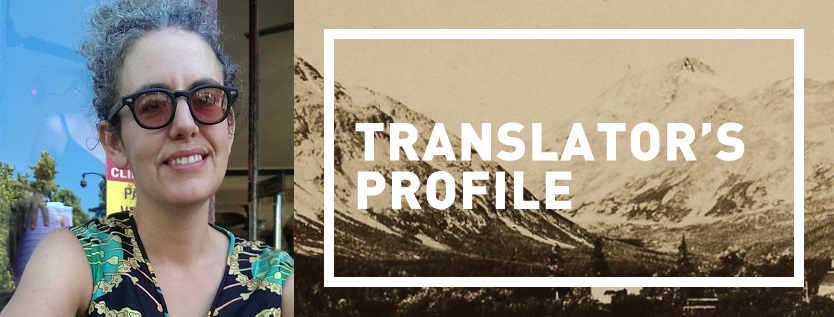Adam Morris and I emailed over the course of July about his translation of João Gilberto Noll’s novel Quiet Creature on the Corner from Two Lines Press. The novel follows a young, freshly unemployed poet-drifter in Porto Alegre, Brazil who lands himself in jail after committing rape. Then, without explanation, he is taken to a country house owned by German immigrants Kurt and Gerda where the world suddenly turns irrational. As the protagonists’ world turns surreal, the real world churns on around him, as Lula runs for president for the first time, and the Landless Workers’ Movement stages protests on the street.
–Ryan Mihaly
Ryan Mihaly (RM): I want to start with a grammarian’s query as you say. Some of Noll’s sentences are relentlessly long and often change tense. They almost read like transcriptions of a casual conversation. Was there ever a temptation to break up Noll’s comma splices with something like a semicolon or em-dash instead of a comma?
Adam Morris (AM): You are really taking a risk with this question. I have worked as an editor for many years and am opinionated about grammar and punctuation. I’ll try to be brief.
Semicolons are not used in Brazilian Portuguese and are falling into disuse in English, except among the most pedantic writers. So I discarded that option out of hand. The narrator in Quiet Creature is not a pedant and is, as you say, speaking in a conversational tone. The em-dash was another available option, and unlike the semicolon, its prevalence is increasing. I often find it to be the signature of juvenile or lazy writing, which seemed suitable for the adolescent narrator of Quiet Creature. So I tried using it for some of the more blunt comma splices in Quiet Creature. But when I reread what I’d done, I discovered I’d lost the narrator’s voice. In English, the em-dash commands more of a pause than I heard in his wandering drift. His narration is not choppy or staccato, but a sort of numbed fugue of uneven pace. So the em-dash had to go. A few of them remained, and some turned into commas, but I got rid of most.



